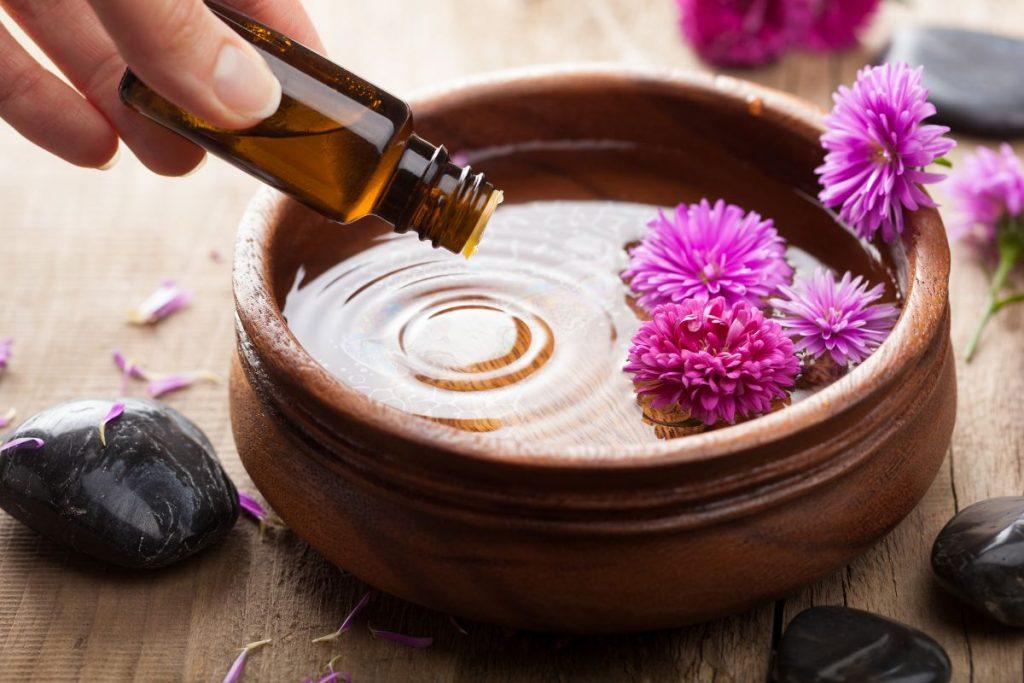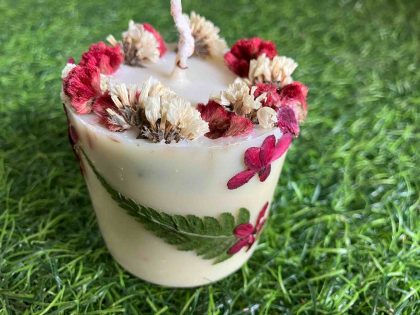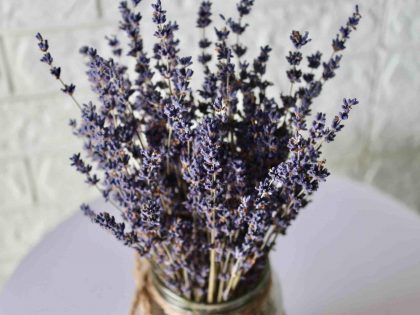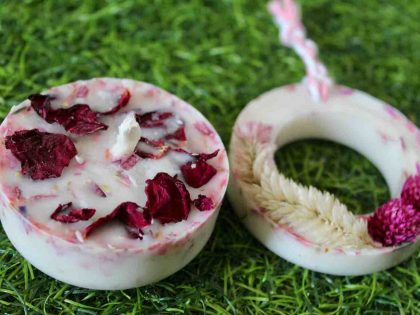Aromatherapy, the therapeutic use of essential oils derived from plants, has been practiced for centuries. It involves inhaling or applying these oils to the skin to promote physical and emotional well-being. In recent years, aromatherapy has gained significant popularity as a complementary therapy for various health conditions, including those related to home care, especially at the end of life.
Understanding Aromatherapy
Essential oils are concentrated extracts that contain the plant’s active compounds, such as terpenes, phenols, and esters. These compounds interact with the body’s physiological systems, influencing mood, emotions, and physical sensations. When inhaled, essential oils reach the olfactory bulb in the brain, which is connected to the limbic system, the emotional center. This connection allows the oils to exert a profound impact on our emotional state.
Benefits of Aromatherapy for Holistic Home Care
Aromatherapy offers a wide range of benefits for holistic home care, particularly for individuals facing end-of-life challenges. Here are some key advantages:
1. Pain Management
- Analgesic Effects: Certain essential oils, such as lavender, chamomile, and eucalyptus, have analgesic properties that can help alleviate pain.
- Distraction: Aromatherapy can provide a distraction from pain by engaging the senses and promoting relaxation.
- Reduced Opioid Use: In some cases, aromatherapy may help reduce the need for opioids, minimizing their potential side effects.
2. Anxiety and Stress Reduction
- Calming Effects: Lavender, bergamot, and ylang-ylang are well-known for their calming and stress-reducing properties.
- Improved Mood: Aromatherapy can help elevate mood and reduce feelings of anxiety and depression.
- Enhanced Sleep: Many essential oils, including chamomile and valerian, can promote better sleep quality.

3. Improved Quality of Life
- Increased Comfort: Aromatherapy can enhance comfort by addressing symptoms such as nausea, vomiting, and loss of appetite.
- Emotional Support: The soothing and uplifting effects of essential oils can provide emotional support during difficult times.
- Sense of Peace: Aromatherapy can create a peaceful and calming atmosphere, promoting a sense of well-being.
4. End-of-Life Care
- Pain Relief: Aromatherapy can be used to manage pain associated with terminal illnesses, such as cancer and heart disease.
- Symptom Management: It can help alleviate other symptoms, such as nausea, vomiting, and anxiety.
- Emotional Support: Aromatherapy can provide comfort and support for both the patient and caregivers during the end-of-life journey.
Home Care for End of Life: Integrating Aromatherapy
Aromatherapy can be easily integrated into home care for end-of-life routines for individuals facing such challenges. Here are some practical tips:
- Diffusers: Use diffusers to disperse essential oils into the air, creating a soothing and fragrant environment.
- Massage: Add a few drops of essential oil to a carrier oil (such as coconut or almond oil) and massage it into the skin.
- Inhalation: Place a few drops of essential oil on a tissue or handkerchief and inhale deeply.
- Bath: Add a few drops of essential oil to a warm bath to promote relaxation and comfort.
- Compresses: Apply a compress soaked in essential oil-infused water to the forehead or affected area.
Safety Considerations
- Consult a Healthcare Professional: Before using aromatherapy, consult with a healthcare professional, especially if you have any underlying health conditions or are taking medications.
- Quality Oils: Ensure that you use high-quality essential oils from reputable sources.
- Proper Dilution: Dilute essential oils in a carrier oil before applying them to the skin to avoid irritation.
- Pregnancy and Breastfeeding: Pregnant and breastfeeding women should exercise caution when using essential oils.
A Deeper Dive into Essential Oils and Their Benefits
Essential Oils: A Closer Look
Essential oils, the concentrated extracts of plants, are the heart of aromatherapy. They contain a complex blend of chemical compounds, including terpenes, phenols, and esters, which contribute to their therapeutic properties. These compounds can interact with the body’s physiological systems, influencing everything from mood and emotions to physical sensations.
Popular Essential Oils and Their Uses
- Lavender: Renowned for its calming and sedative effects, lavender is often used to promote relaxation, reduce anxiety, and improve sleep quality.
- Chamomile: Both German and Roman chamomile have soothing properties, making them beneficial for calming nerves, relieving muscle tension, and promoting digestion.
- Eucalyptus: Known for its refreshing and invigorating scent, eucalyptus can help clear congestion, alleviate respiratory discomfort, and stimulate the immune system.
- Rose: Associated with love and romance, rose oil is often used to uplift mood, reduce stress, and promote emotional balance.
- Frankincense: This ancient oil is believed to have spiritual and healing properties. It can help reduce inflammation, promote relaxation, and support spiritual growth.
- Bergamot: With its citrusy aroma, bergamot can uplift mood, reduce anxiety, and improve digestion.
- Ylang-ylang: Known for its sensual and calming properties, ylang-ylang can help balance emotions, promote relaxation, and improve skin health.
Aromatherapy and Chronic Conditions
Aromatherapy can also be a valuable tool for managing chronic conditions. Here are some examples:
- Chronic Pain: Essential oils like lavender, chamomile, and eucalyptus can help alleviate chronic pain by reducing inflammation and promoting relaxation.
- Chronic Fatigue Syndrome: Aromatherapy can help boost energy levels and alleviate fatigue by stimulating the nervous system and improving mood.
- Depression: Certain essential oils, such as bergamot, neroli, and orange, can help uplift mood and reduce feelings of depression.
- Anxiety: Lavender, chamomile, and frankincense are effective for reducing anxiety and promoting relaxation.
- Insomnia: Lavender, chamomile, and valerian can improve sleep quality and alleviate insomnia.
Aromatherapy for Children and Pets
Aromatherapy can also be used safely and effectively for children and pets. However, it’s essential to take precautions and consult with a healthcare professional before using essential oils on children or pets.
- Children: Dilute essential oils in a carrier oil and use them in a diffuser or for gentle massage. Avoid applying them directly to the skin, as children’s skin can be more sensitive.
- Pets: Consult with a veterinarian before using essential oils on your pet. Some oils can be toxic to animals. Choose pet-safe oils and use them in a diffuser or for gentle massage.
Aromatherapy and Mindfulness
Aromatherapy can be combined with mindfulness practices, such as meditation and deep breathing, to enhance its benefits. By focusing on the scent of the essential oil and the sensations it evokes, you can deepen your relaxation and mindfulness experience.
Aromatherapy and Palliative Care
Aromatherapy plays a vital role in palliative care, providing comfort and support for individuals facing end-of-life challenges. It can help alleviate pain, reduce anxiety, and improve quality of life.
- Pain Management: Essential oils with analgesic properties, such as lavender, chamomile, and eucalyptus, can help manage pain associated with terminal illnesses.
- Symptom Management: Aromatherapy can also help alleviate other symptoms, such as nausea, vomiting, and shortness of breath.
- Emotional Support: The soothing and uplifting effects of essential oils can provide emotional support for both the patient and caregivers during difficult times.
Aromatherapy and Grief Support
Aromatherapy can be a valuable tool for supporting individuals who are grieving the loss of a loved one. Certain essential oils, such as lavender, frankincense, and rose, can help alleviate grief, promote emotional healing, and provide comfort.
Aromatherapy and Hospice Care
In hospice settings, aromatherapy can create a peaceful and calming atmosphere, promoting comfort and well-being for patients and their families. It can also help alleviate symptoms associated with terminal illnesses and provide emotional support.
Aromatherapy offers a holistic approach to wellness, providing numerous benefits for individuals of all ages and in various stages of life. By incorporating essential oils into your daily routine, you can enhance your physical and emotional well-being, improve your quality of life, and find comfort and support during challenging times.
-
Geranium Soy Wax Candle₹749.00
-
Dried Lavender Flowers Bouquet₹999.00
-
Dark Pink Soy Wax Scented Candle With Sachet₹538.00



